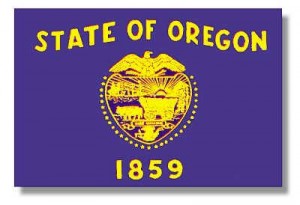Tax Analysts reports that the Department of Justice will no longer argue that Chevron deference should apply to revenue rulings and revenue procedures. The report cites Gilbert Rothenberg, appellate section chief, Tax Division, Department of Justice, who made the announcement during his comments at the American Bar Association’s recent Section of Taxation meeting in Washington, D.C. Following the U.S. Supreme Court’s decision in Mayo Foundation v. U.S., the standard for the deference given to Treasury Regulations is now governed by Chevron v. U.S.
Mr. Rothenberg did note, however, that the DOJ will continue to assert Chevron deference for temporary regulations. This is important for followers of the Intermountain issue, i.e., whether retroactive temporary regulations apply to taxpayers accused of participating in listed transactions. The interpretation and application of those temporary regulations (Treas. Regs. 301.6229(c)(2)-1T and 301.6501(e)-1T) has created a split in the Circuits and since the release of Mayo Foundation, the Department of Justice has argued that Chevron deference should apply in these cases. It seems they will continue to do so.
Hat Tip (Tax Prof Blog and Daniel J. White, Esq.)


